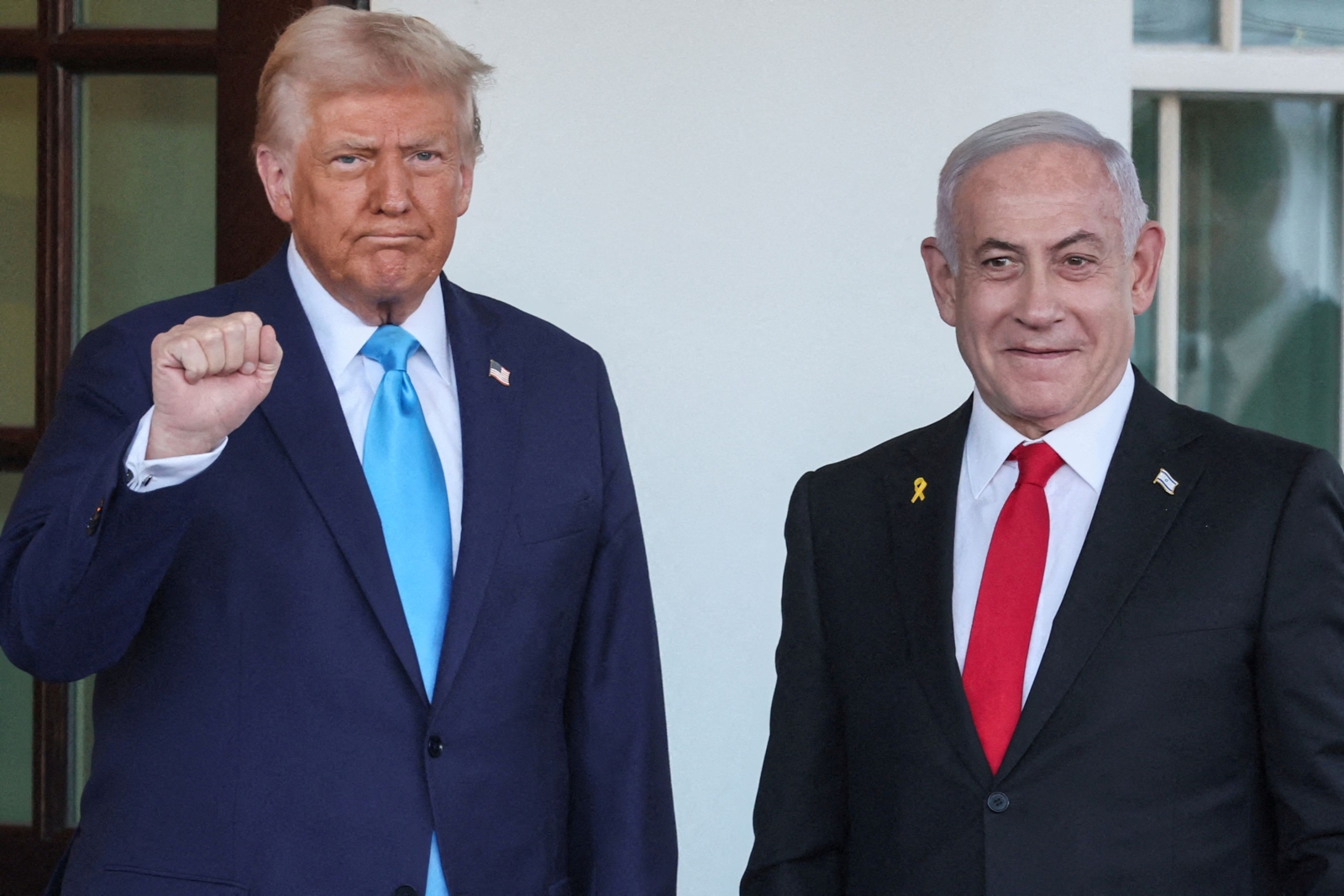Israeli Prime Minister Benjamin Netanyahu is expected in Washington on Sunday ahead of a high-stakes meeting with former U.S. President Donald Trump on Monday, April 7—becoming the first foreign leader to pursue direct negotiations over Trump’s newly announced tariff policy.
The meeting, confirmed by both Netanyahu’s office and U.S. sources, is a significant diplomatic move as Israel seeks to protect its exports—particularly machinery and medical equipment—from a sweeping 17% tariff hike. The tariffs, part of Trump’s push to reassert American trade dominance, could deal a blow to Israeli industries that rely heavily on access to the U.S. market.
Netanyahu, currently on a visit to Hungary, will fly to Washington following a phone call with Trump on Thursday. According to Axios, the call was triggered by Hungary’s announcement of its withdrawal from the International Criminal Court (ICC)—a move made while Netanyahu met with Hungarian Prime Minister Viktor Orbán in Budapest. During the conversation, Netanyahu raised concerns over the U.S. tariffs, prompting Trump to extend a last-minute invitation for an in-person meeting.
Alongside trade, the two leaders are also expected to discuss a range of regional and international issues, including the state of Israel-Turkey relations, rising tensions with Iran, and Israel’s efforts to secure the release of hostages held in Gaza.
The visit comes as Netanyahu faces mounting global criticism—particularly from international human rights groups and legal bodies—over Israel’s military campaign in Gaza. The ICC has issued an arrest warrant for the Israeli prime minister, alleging responsibility for war crimes, further complicating his international standing.
While Israel and the United States have maintained a free trade agreement for four decades, recent developments have tested that relationship. As Reuters reports, nearly 98% of U.S. imports to Israel are now tax-free following the recent cancellation of the last remaining Israeli tariffs. Netanyahu’s visit signals an urgent attempt to preserve similar terms for Israeli exports under Trump’s shifting trade strategy.



